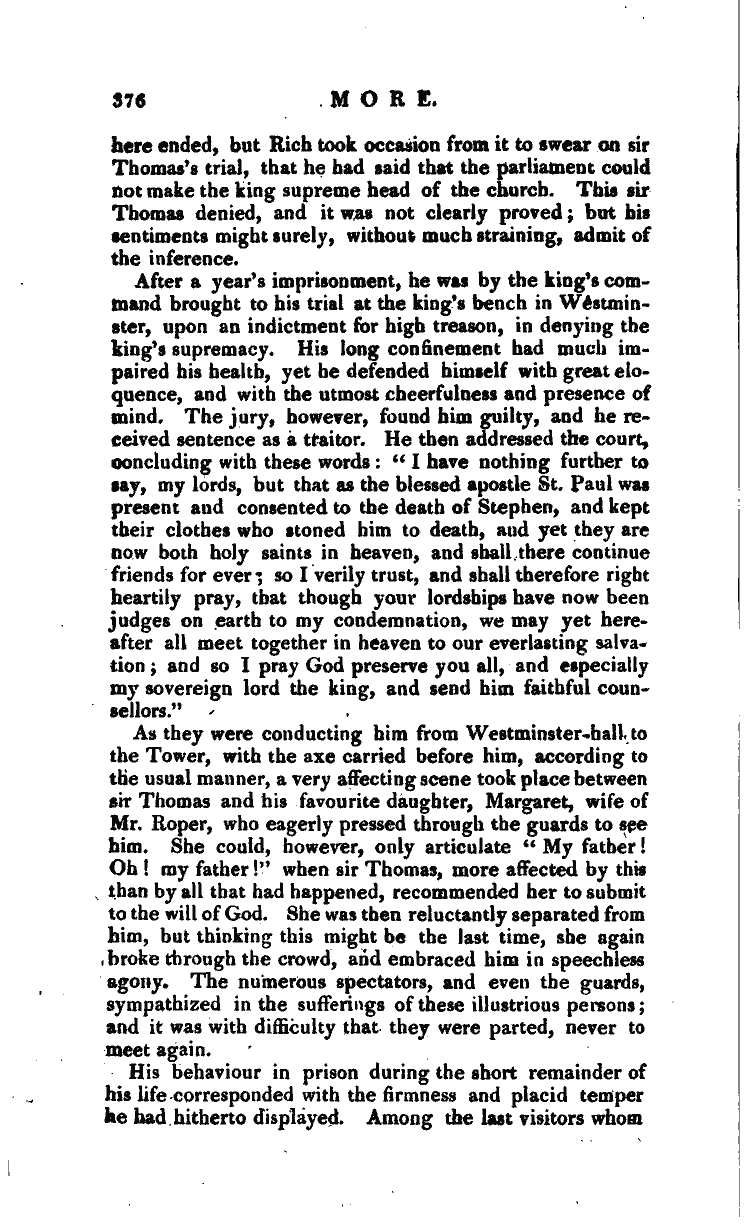
If you want to discuss the show, talk business, or have any ideas for stories you'd like to hear in future episodes, contact me: thanks to everyone who has subscribed and listened to the show! And thanks also to those who have kindly become Patreon patrons, YouTube channel members, or tipped me via Ko-Fi. Get in touch! I like to hear from listeners, so feel free to reach out to me on the socials. You can now also say THANKS with a SUPER THANKS! You can say thank you in the following ways: Researching, reading, re-reading, recording, mixing, uploading, promoting each of these short story audio presentations takes many hours - possibly more than you'd imagine. Ottermole" was written by Thomas Burke (1931).Ĭoming soon: "The Mainz Psalter" by Jean Ray. This original recording is an audio presentation by Jasper L'Estrange for EnCrypted: The Classic Horror Podcast. When the local police fail to apprehend the murderer, a plucky journalist steps in to solve the mystery "synopsis" may belong to another edition of this title.An East End community is terrorised by a serial killer with a seemingly supernatural ability to disappear. This data is provided as an additional tool in helping to insure edition identification:ĭublin : printed for L. The below data was compiled from various identification fields in the bibliographic record of this title. Original texts make the American, French, and Industrial revolutions vividly contemporary. Now for the first time these high-quality digital copies of original 18th century manuscripts are available in print, making them highly accessible to libraries, undergraduate students, and independent scholars.ĭelve into what it was like to live during the eighteenth century by reading the first-hand accounts of everyday people, including city dwellers and farmers, businessmen and bankers, artisans and merchants, artists and their patrons, politicians and their constituents. In its determination to preserve the century of revolution, Gale initiated a revolution of its own: digitization of epic proportions to preserve these invaluable works in the largest archive of its kind.


The 18th century was a wealth of knowledge, exploration and rapidly growing technology and expanding record-keeping made possible by advances in the printing press.


 0 kommentar(er)
0 kommentar(er)
